Car aesthetic is a term that refers to the overall appearance and design of a car. It encompasses everything from the shape and color of the vehicle to its interior features and accessories. Car aesthetics have been an important aspect of the automotive industry since the early days of car manufacturing, and continue to play a significant role in modern car design.

The history of car aesthetics can be traced back to the early 20th century, when cars were first becoming a popular mode of transportation. In those early days, car manufacturers focused primarily on creating vehicles that were functional and reliable, rather than aesthetically pleasing. However, as the automotive industry grew and competition increased, car manufacturers began to place more emphasis on the appearance of their vehicles. Today, car aesthetics are a major consideration for most car buyers, and are often a key factor in the decision-making process.
Key Takeaways
- Car aesthetics have been an important aspect of the automotive industry since the early days of car manufacturing.
- The history of car aesthetics can be traced back to the early 20th century, when cars were first becoming a popular mode of transportation.
- Today, car aesthetics are a major consideration for most car buyers, and are often a key factor in the decision-making process.
History of Car Aesthetics

Car aesthetics have come a long way since the first automobile was invented in the late 19th century. Over time, car designers have experimented with different styles, shapes, and colors to create cars that are not only functional but also visually appealing. In this section, we will explore the evolution of car design and the impact of vintage and classic cars on modern car aesthetics.
Evolution of Car Design
The first cars were designed with function in mind, and aesthetics were not a priority. However, as cars became more popular, manufacturers began to realize the importance of design in attracting customers. In the 1920s and 1930s, car designers began to experiment with aerodynamics, resulting in cars with sleek, streamlined shapes that were both visually appealing and more fuel-efficient.
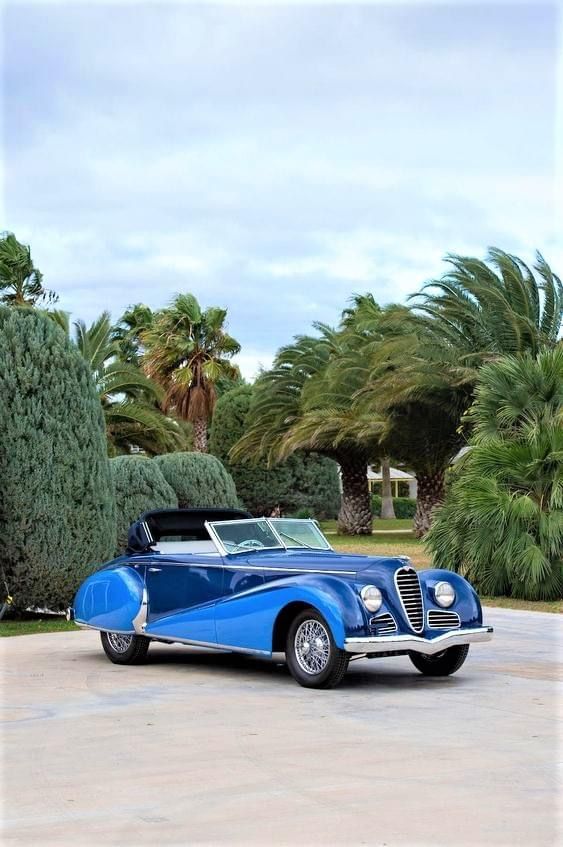

In the 1950s and 1960s, cars became more flamboyant, with bright colors, chrome accents, and tail fins. These cars were designed to stand out and make a statement, and they were often seen as a symbol of wealth and status.

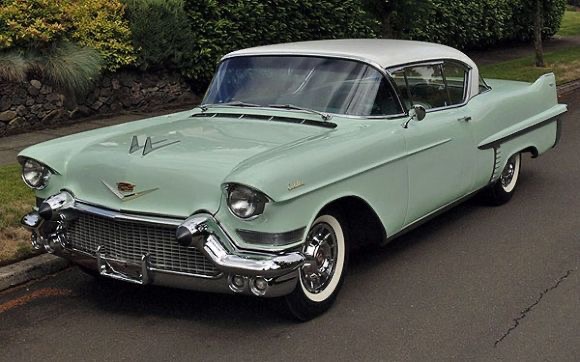


In the 1970s and 1980s, cars became more boxy and utilitarian, with a focus on fuel efficiency and safety. However, in the 1990s, car designers began to experiment with retro styles, bringing back the sleek, streamlined shapes of the 1920s and 1930s.

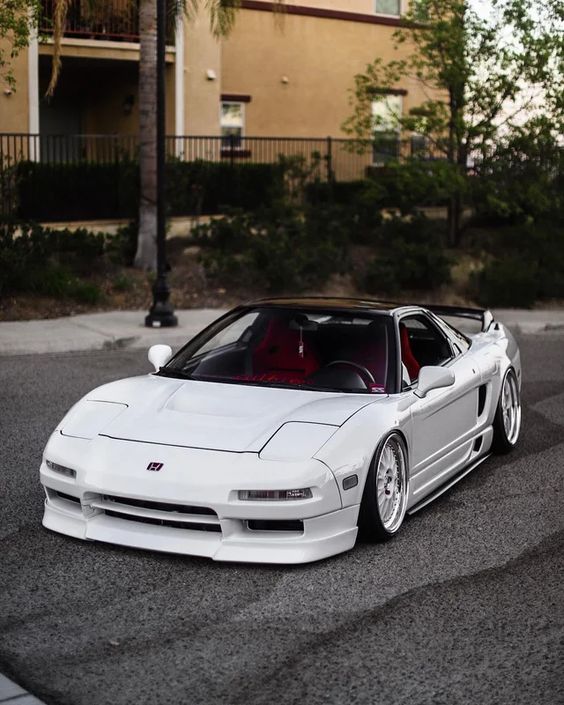
Impact of Vintage and Classic Cars
Vintage and classic cars have had a significant impact on modern car aesthetics. Many modern cars feature design elements that are reminiscent of vintage and classic cars, such as round headlights, chrome accents, and sleek, aerodynamic shapes.


Vintage and classic cars are also popular among collectors and enthusiasts, who appreciate their unique designs and historical significance. These cars are often restored to their original condition, and they are frequently displayed at car shows and museums.


In conclusion, car aesthetics have evolved significantly over the years, with car designers experimenting with different styles and shapes to create cars that are both functional and visually appealing. Vintage and classic cars have had a significant impact on modern car aesthetics, and they continue to be appreciated by collectors and enthusiasts alike.
Elements of Car Aesthetic

Car aesthetic is a combination of various aspects that make a vehicle visually appealing. The following subsections highlight some of the key elements of car aesthetic.
Color and Paint
The color and paint of a car can significantly impact its overall aesthetic. A well-chosen color can enhance the car’s design and make it stand out on the road. Car manufacturers often offer a wide range of colors to choose from, including metallic and matte finishes. The color of a car can also reflect the owner’s personality and taste.
Body Shape and Design

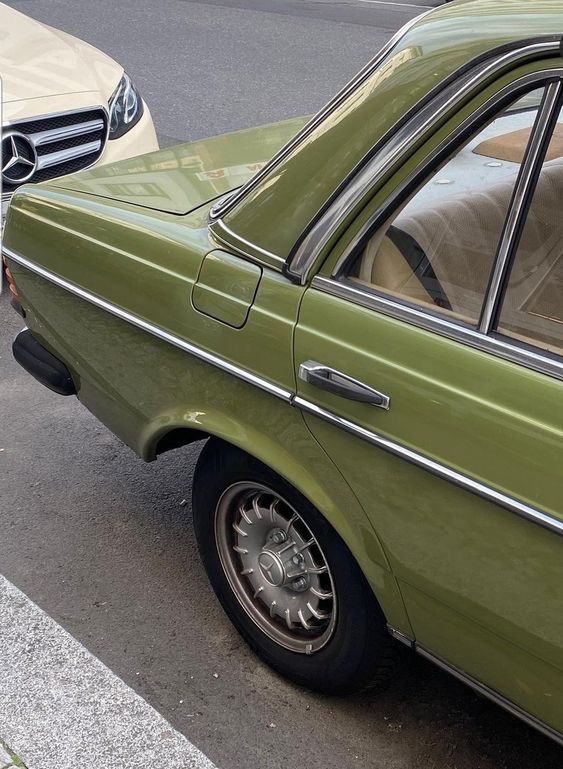
The body shape and design of a car play a crucial role in its aesthetic appeal. Car manufacturers often pay special attention to the design of their cars, with some models featuring sleek curves and aerodynamic lines.


The design of a car can also be influenced by its intended use, such as a coupe for sporty driving or an SUV for off-road adventures.
Interior Design
The interior design of a car is another essential element of its aesthetic appeal. Luxury cars often feature high-quality materials, intricate stitching, and advanced technology. The interior design can also provide a comfortable and functional driving experience, with features such as heated seats, advanced sound systems, and intuitive infotainment systems.


In summary, car aesthetic is a combination of various elements that work together to create a visually appealing vehicle. The color and paint, body shape and design, and interior design are all crucial components of car aesthetic that can influence a buyer’s decision. Whether looking for a sporty coupe or a luxurious green vehicle, choosing a car with a strong aesthetic appeal can provide a satisfying driving experience.
Car Aesthetics in Popular Culture

Cars in Movies and Media
Cars have been a staple in popular culture for decades, appearing in countless movies, TV shows, and music videos. Sports cars, in particular, have been featured prominently in films such as “The Fast and the Furious” franchise and “Gone in 60 Seconds.” These films have helped to popularize certain car models and designs, making them more desirable to the public.
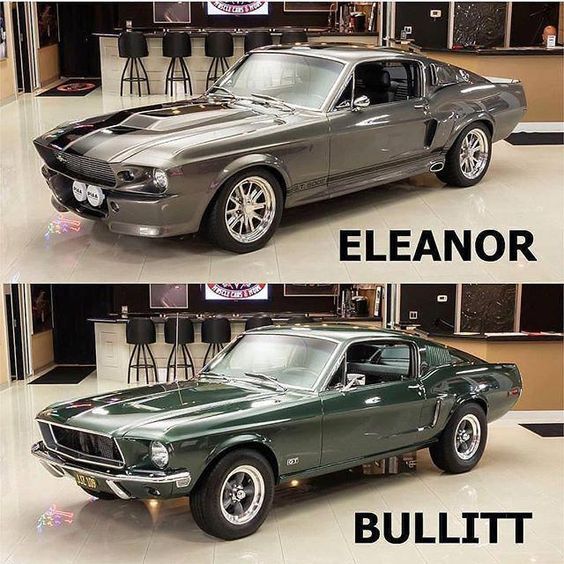

One car brand that has benefited greatly from its appearances in popular media is Porsche. The iconic Porsche 911 has been featured in numerous movies and TV shows, including “Bad Boys,” “Miami Vice,” and “Top Gear.” Its sleek design and powerful engine have made it a favorite among car enthusiasts and casual viewers alike.
Influence on Public Perception
The way cars are portrayed in popular culture can have a significant impact on how the public perceives them. For example, sports cars are often associated with speed, luxury, and power, while SUVs are seen as practical and family-friendly.
However, it’s important to recognize that the portrayal of cars in media is not always accurate or reflective of reality. In some cases, cars are exaggerated or modified for dramatic effect, leading to unrealistic expectations and perceptions.


Despite this, the influence of popular culture on car aesthetics cannot be ignored. From the sleek designs of sports cars to the rugged look of SUVs, the way cars are presented in movies, TV shows, and music videos has a lasting impact on how they are perceived by the public.
Car Aesthetic Enthusiasts

Car aesthetic enthusiasts are individuals who are passionate about the appearance of their vehicles. They take pride in the way their cars look and often invest time and money into modifying and customizing them to suit their personal style. These enthusiasts can be found all over the world and come from a variety of backgrounds.
Communities and Forums
Online communities and forums are a great way for car aesthetic enthusiasts to connect with one another. These platforms allow enthusiasts to share photos of their cars, discuss modifications, and offer advice to one another. Some popular online communities for car enthusiasts include Reddit’s r/cars and r/carmodification, as well as forums like CarThrottle and Modified Society.


Events and Meetups
Car shows, meets, and other events are also popular among car aesthetic enthusiasts. These events provide an opportunity for enthusiasts to showcase their cars, meet other enthusiasts, and learn about new trends and modifications. Some popular events for car enthusiasts include the SEMA Show, the Goodwood Festival of Speed, and Cars and Coffee meetups.

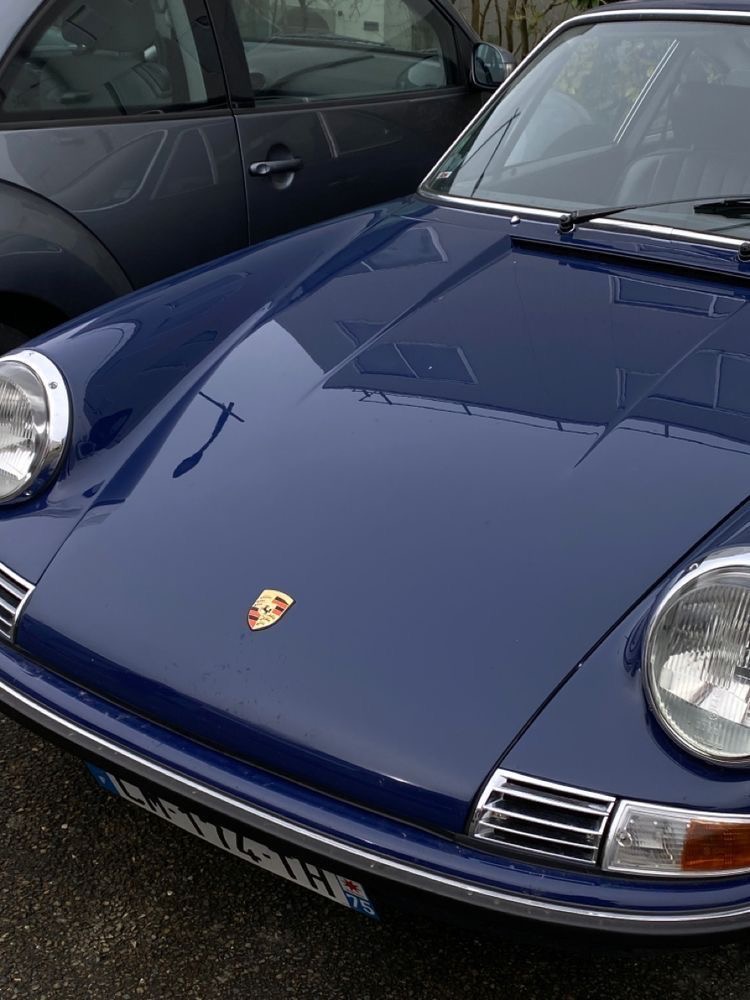
Car aesthetic enthusiasts often have impressive collections of cars, ranging from classic muscle cars to modern supercars. They take pride in their collections and often spend time and money maintaining and improving them. Whether it’s through online communities or in-person events, car aesthetic enthusiasts are passionate about their vehicles and enjoy sharing their love for cars with others.
Digital Representation of Car Aesthetics

In today’s world, where technology is rapidly advancing, digital representation of car aesthetics has become an important aspect of the automotive industry. Car enthusiasts and manufacturers alike are using digital media to showcase their vehicles in new and exciting ways. In this section, we will explore two popular forms of digital representation of car aesthetics: car photography and car wallpapers and art.
Car Photography
Car photography is an art form that captures the beauty and essence of a vehicle. It is a way to showcase a car’s design, features, and performance in a still image. With the rise of social media platforms like Instagram, car photography has become more popular than ever before. Car enthusiasts share their photos with the world, and manufacturers use them to promote their vehicles.


Some of the popular websites for car photography include Wallpaper Cave, Awesome Wallpapers, and Desktop Wallpapers. These websites offer high-quality images of cars that can be used as wallpapers or shared on social media. However, it is important to note that the copyright of these images belongs to the photographer. Therefore, it is important to give proper credit when sharing these images.
Car Wallpapers and Art
Car wallpapers and art are another popular form of digital representation of car aesthetics. They are a way to show off a car’s design and features in a creative and artistic way. Car wallpapers can be used to customize the desktop background of a computer or a phone. Car art, on the other hand, can be used to decorate a room or an office.

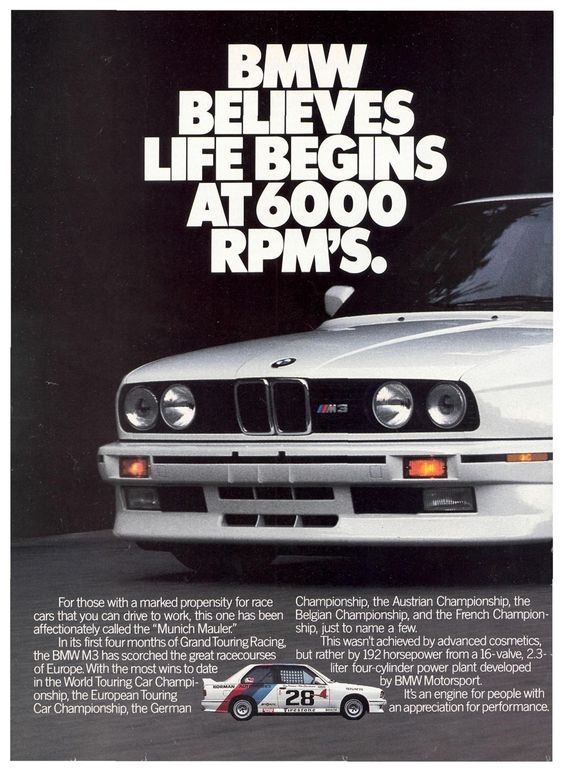
There are many websites that offer car wallpapers and art, such as Wallpaper Cave, Awesome Wallpapers, and Desktop Wallpapers. These websites offer a wide range of images that can be downloaded for free. However, it is important to note that the copyright of these images belongs to the artist. Therefore, it is important to give proper credit when sharing these images.
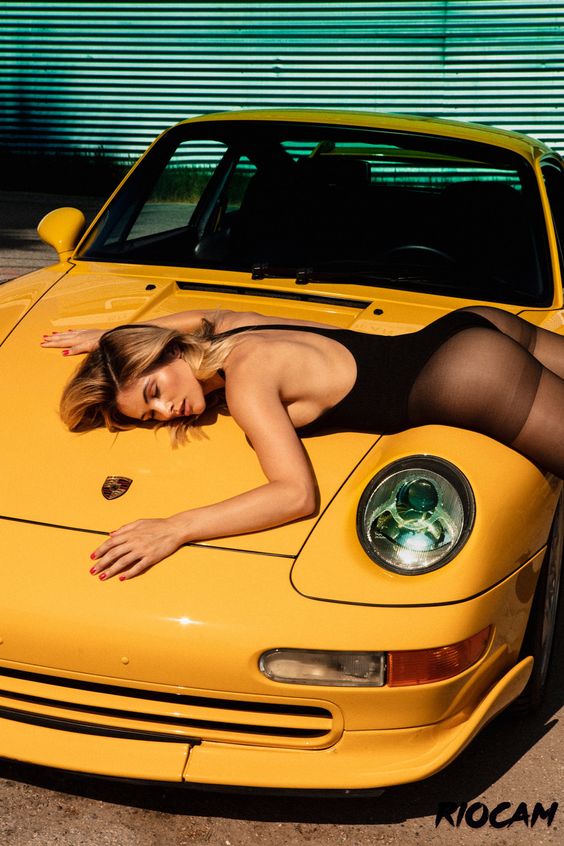

In conclusion, digital representation of car aesthetics has become an important aspect of the automotive industry. Car photography and car wallpapers and art are two popular forms of digital media that are used to showcase cars in new and exciting ways. It is important to give proper credit when sharing these images to respect the copyright of the photographer or artist.
Exploring Car Aesthetics

Car aesthetics have always been an integral part of the automobile industry. The visual appeal of a car plays a significant role in attracting potential buyers. It is a crucial aspect that car manufacturers consider while designing their vehicles. In this section, we will explore the different aspects of car aesthetics that make them stand out from the crowd.
Traveling and Road Trips
Cars are not just a mode of transportation; they are also a reflection of one’s personality. The design of a car can evoke emotions and create a sense of attachment with the vehicle. When exploring the world, people often choose cars that match their style and preferences.

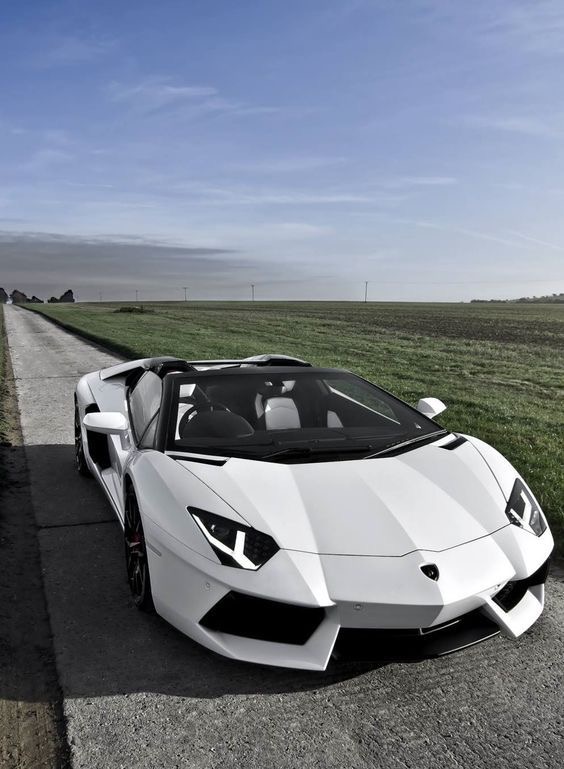
The sleek lines, bold colors, and unique designs of cars can make a road trip more enjoyable and memorable.
Showcasing at Exhibitions
Car exhibitions are a great platform for car enthusiasts to showcase their vehicles. The design of a car can make it stand out from the rest of the vehicles on display. Car manufacturers use these exhibitions to showcase their latest designs and concepts. The aesthetics of a car can play a significant role in attracting potential buyers and creating a buzz around the brand.


In conclusion, car aesthetics are an essential aspect of the automobile industry. The design of a car can evoke emotions, create a sense of attachment, and make it stand out from the crowd. Whether it’s traveling the world or showcasing at exhibitions, the aesthetics of a car play a crucial role in its success.